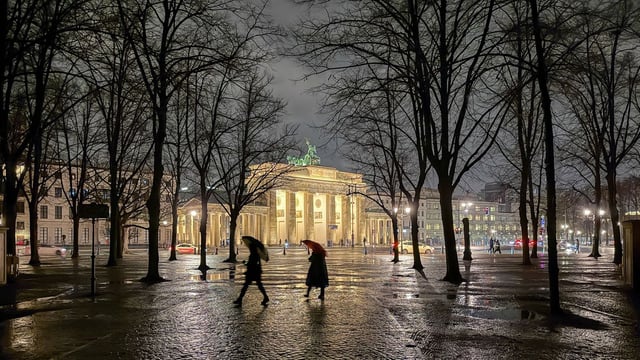Overview
- Germany's last winter Bundestag election was in 1987, with subsequent elections moved to warmer months due to logistical difficulties and lower voter turnout.
- Politicians and campaign workers face harsh winter conditions, with some, like Health Minister Karl Lauterbach, adapting with warm clothing and alternative outreach methods such as indoor town halls.
- Psychologists note that winter's 'seelischer Winterschlaf' (emotional hibernation) makes voters less receptive to political messaging, complicating campaign efforts.
- Traditional campaign activities like outdoor events and festivals are limited, reducing opportunities for voter interaction and engagement.
- Logistical challenges, such as venue shortages due to overlapping with Carnival season, and the fragility of campaign materials in cold weather, further strain election preparations.
